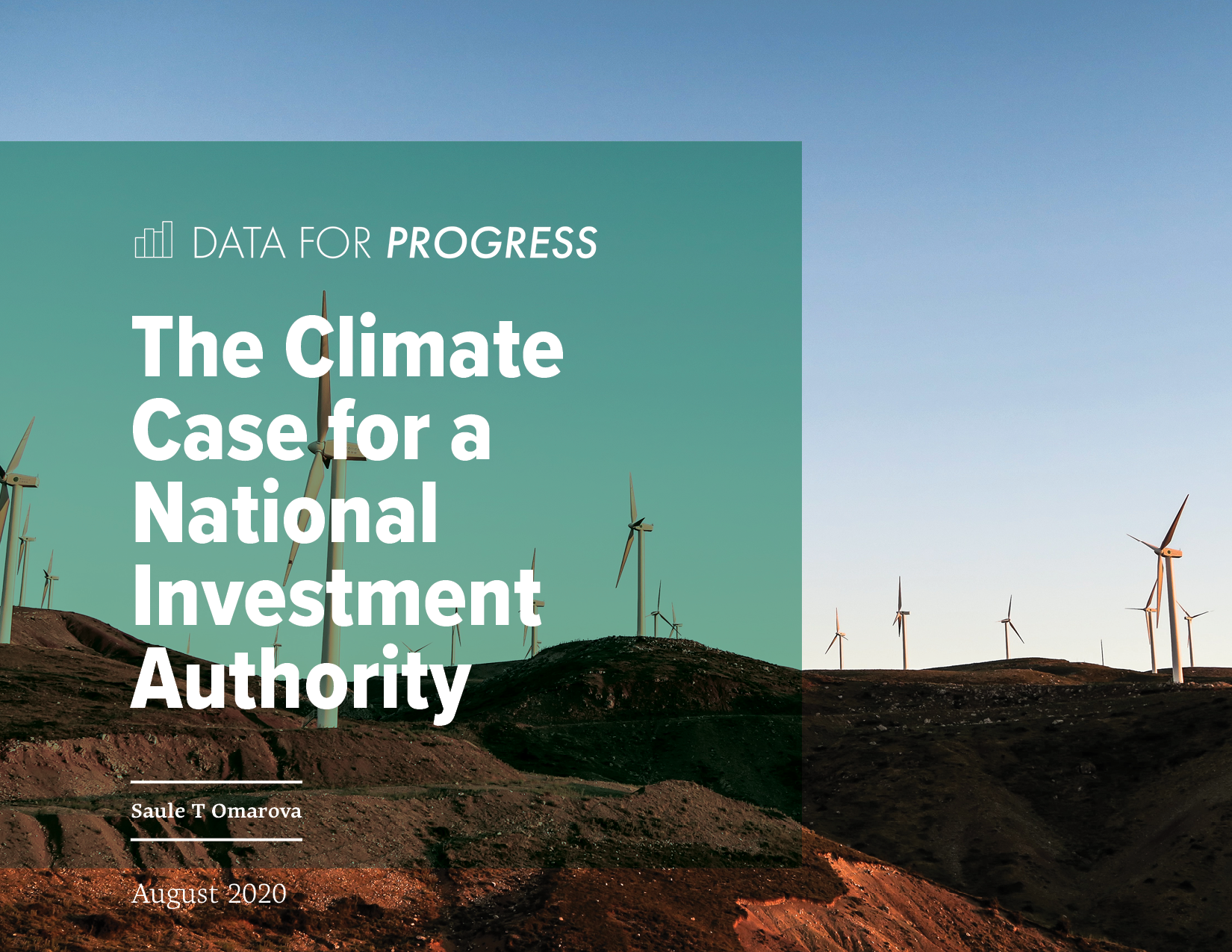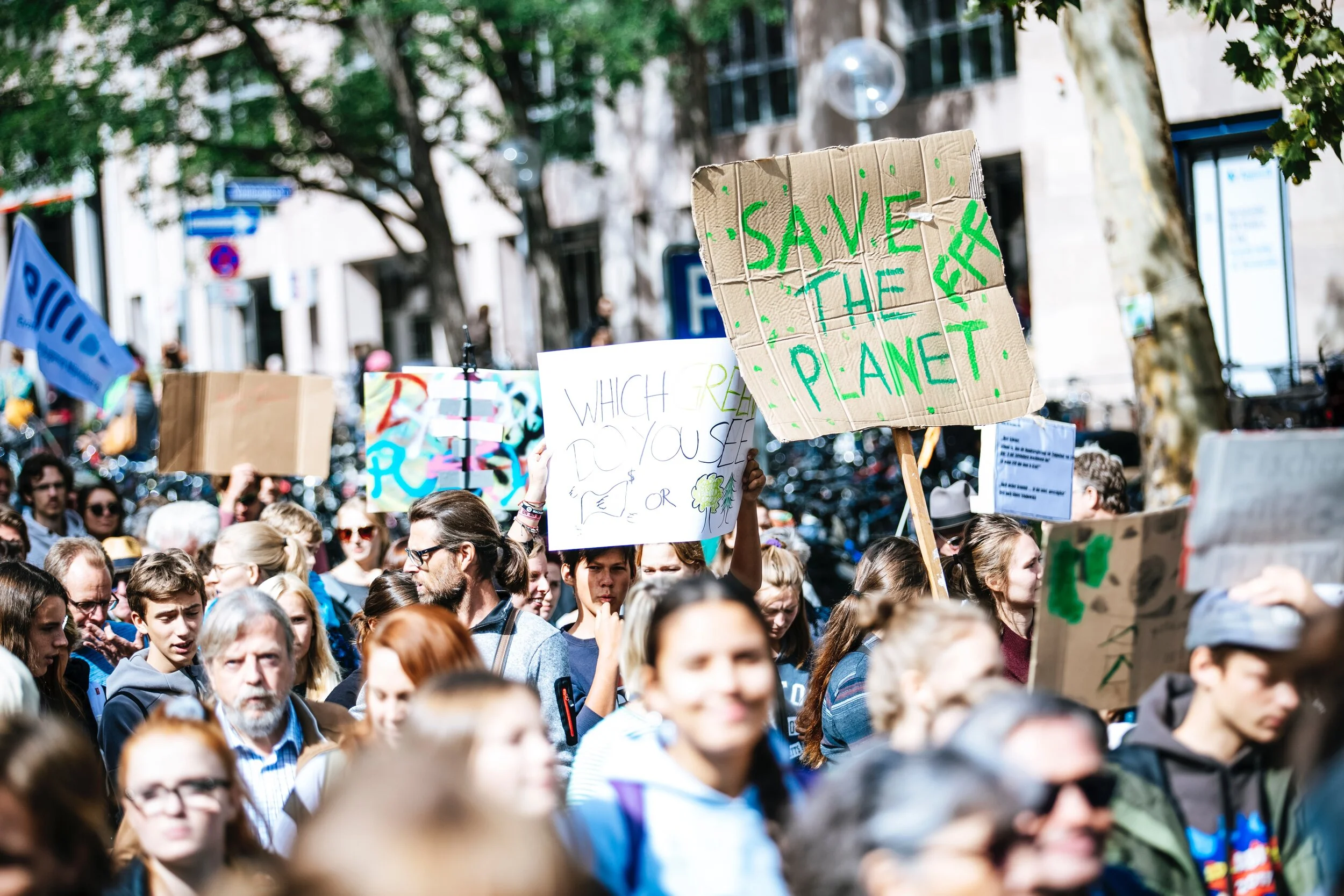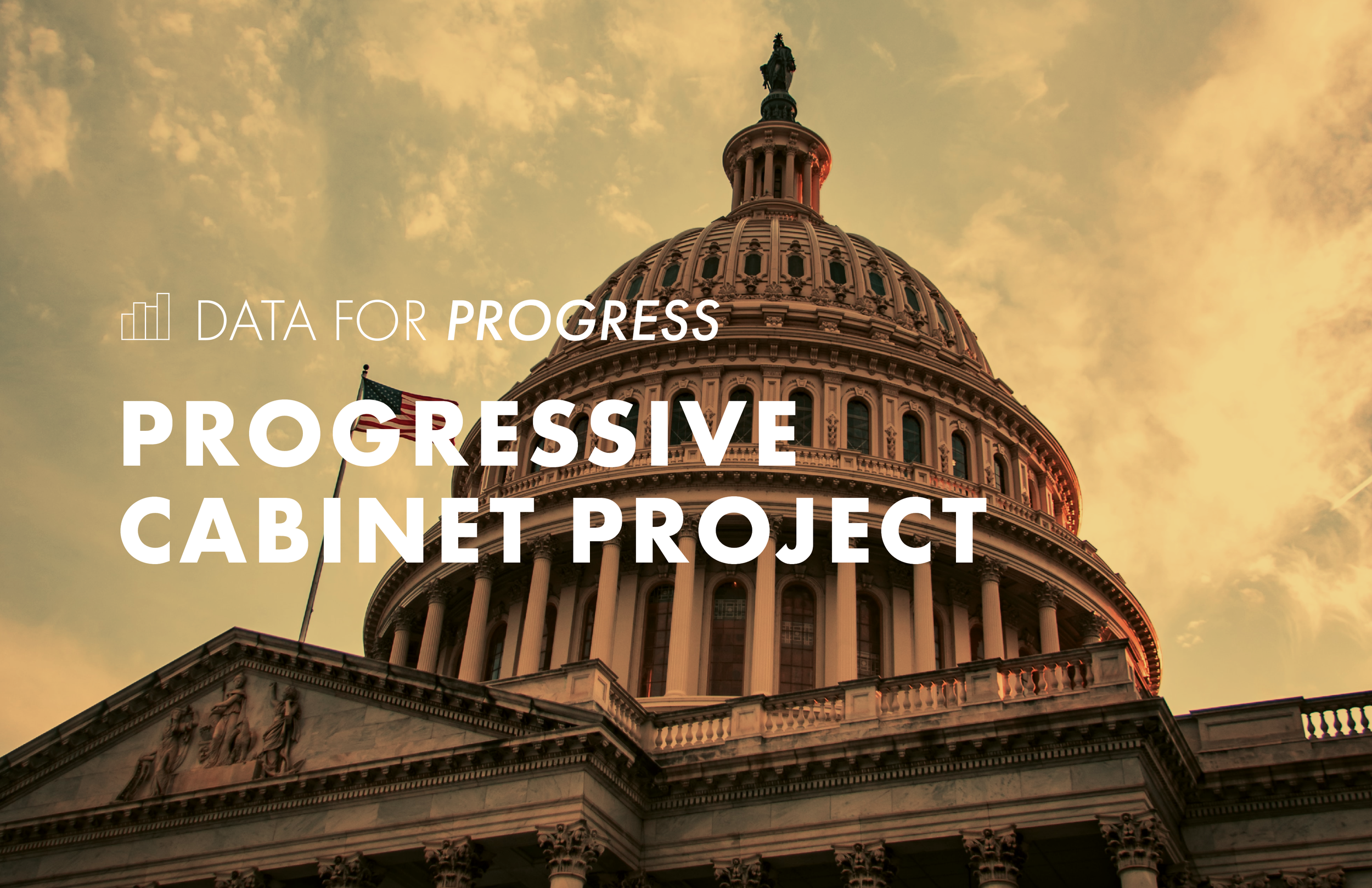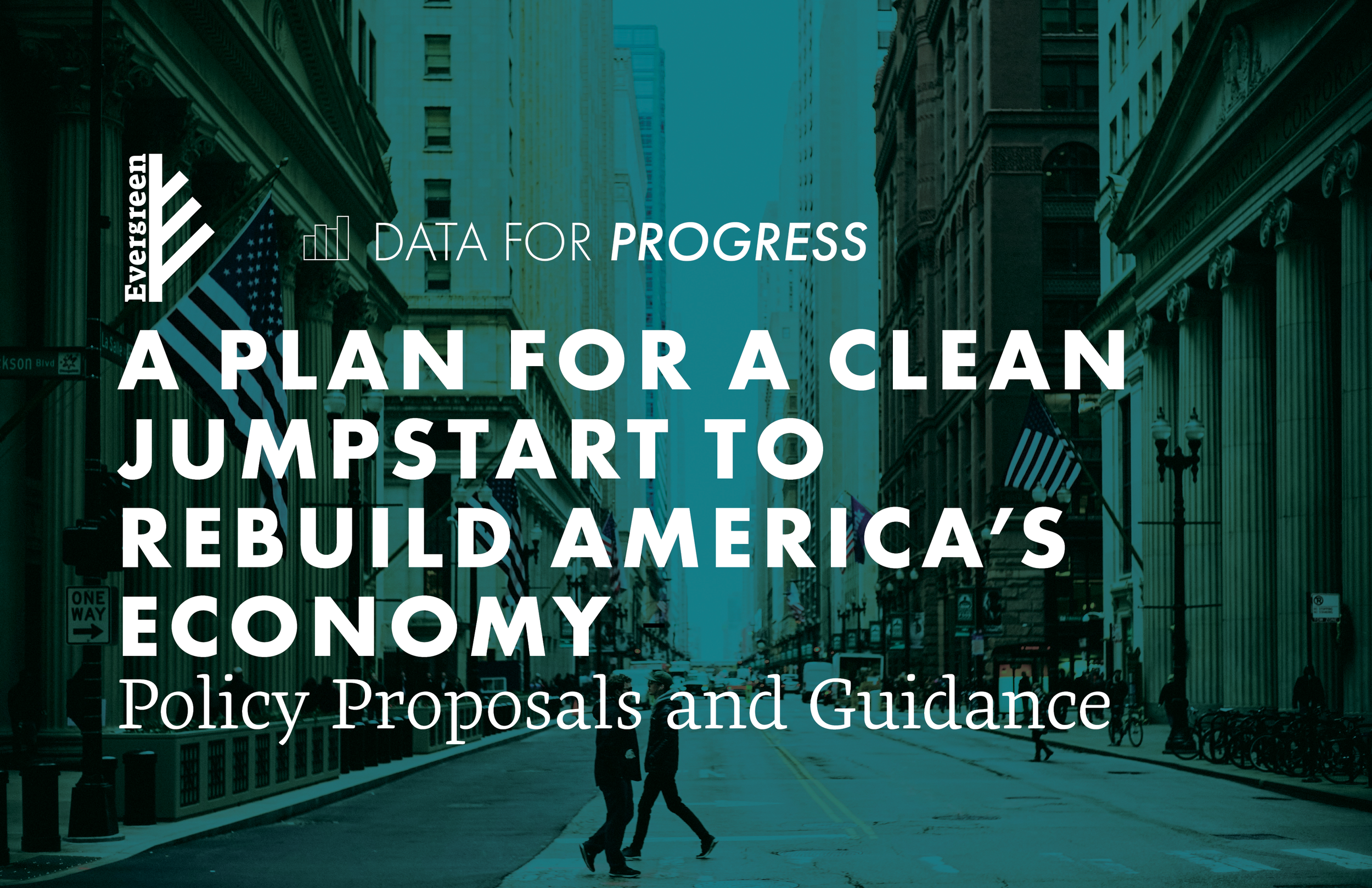Report: The Climate Case for a National Investment Authority
By Saule T Omarova
Introduction
The economic devastation caused by the coronavirus pandemic creates a crucial opening for a speedy and deliberate move to a massive infrastructure-led rebuilding and “greening” of the U.S. economy. In the wake of the worst health crisis in over a century, potentially followed by the worst economic depression in nearly as long a time, the political mood in the U.S. is increasingly open to big and bold solutions. As polls show, demand for comprehensive strategic solutions is especially strong in the context of addressing global climate change.
This is no coincidence. The pandemic has exposed the degree of our global interconnectedness and collective vulnerability to health and environmental crises that spread with an unprecedented speed and disproportionally harm disadvantaged segments of the population. The fact that the oil and gas sector is experiencing significant economic turmoil amid consistently falling oil prices further strengthens the case for an immediate structural shift to sustainable, clean energy-based economy.
This economy-wide shift must be conceived, planned, and implemented in a way that produces tangible and equitably distributed public benefits, instead of underwriting further socioeconomic and racial disparities and concentrating economic power in private hands. The Green New Deal (GND) movement has successfully propelled this programmatic vision of an environmentally clean, just, and equitable future to the top of the national policy agenda. The Democratic Party is responding to this enthusiasm accordingly. Thus, both the recent report of the House Select Committee on the Climate Crisis and the House’s Moving Forward Act explicitly endorsed the idea of a clean economy based on justice and equity.





